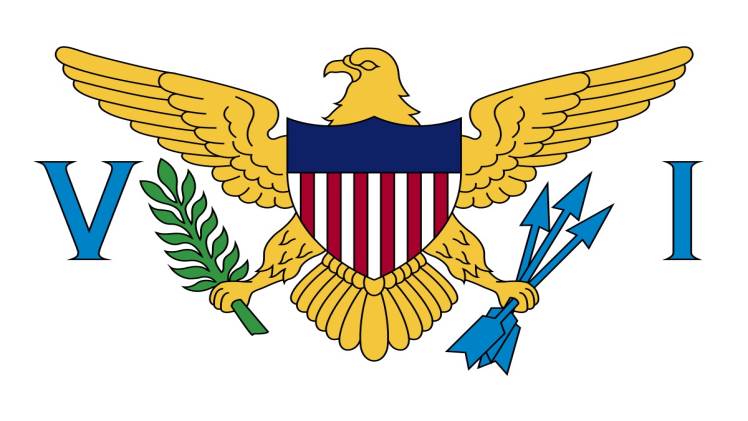The Law of the US Virgin Islands

The US Virgin Islands are a group of Caribbean islands that have been under US jurisdiction since 1927. Situated approximately 40 miles (64 km) east of Puerto Rico and west of the British Virgin Islands, they form part of an area known as “The US Virgins”.
The laws of the United States Virgin Islands are based on the Revised Organic Act of 1954. Additionally, various other statutes, regulations, and court decisions apply to this territory as well.
Legislative Branch
The legislative authority of the United States Virgin Islands lies with 15 senators: seven from St Croix and seven from St Thomas plus an at-large senator who must be a resident of St John. Elections for senatorial positions take place every two years. Please click for more info: Jio Rockers Kannada
Judicial Branch
The judiciary of the United States Virgin Islands is primarily overseen by three courts: District Court, Superior Court and Supreme Court. These tribunals operate under federal law and issue decisions which affect residents of the territory. The Third Circuit Court of Appeals reviews some decisions made by these tribunals but not all.
Historic Preservation
The Department of Planning and Natural Resources is accountable for administering and enforcing laws related to the protection, preservation and conservation of cultural resources within its territory. This includes managing archaeological sites on land or underwater, upholding antiquities laws and safeguarding archeological artifacts. Moreover, the State Historic Preservation Office coordinates these efforts as well as prosecuting offenses related to archeological sites.
Abortion
Some states, including the US Virgin Islands, have laws restricting abortion access. However, federal courts have yet to make a determination whether abortion is legal in these territories.
Political Party
In the US Virgin Islands, there are three primary political parties: Democratic Party, Republican Party (affiliated with US Parties), and Independent Citizens Movement.
Constitutional Conventions
Five attempts have been made to draft a constitution for the Virgin Islands, each of which failed. In May 2009, the Fifth Constitutional Convention of US Virgin Islands produced a draft which was ultimately rejected by Congress in June 2010.
History and Culture
The US Virgin Islands have a fascinating history that dates back to at least the 1700s, when European powers attempted to claim them for Spain or England. When Columbus visited them in 1493, he affectionately referred to them as “The Virgins” due to their legendary beauty.
After a protracted and contentious battle, England eventually took control of the island in 1625. The United States began claiming them in 1917 and officially incorporated them into their borders two decades later in 1927.
Nationality and Citizenship
The people of the United States Virgin Islands are U.S. citizens, though they do not vote in U.S. elections nor possess full U.S. citizenship rights.
By visiting Advertisementpro you can get more knowledge about multiple topics.
